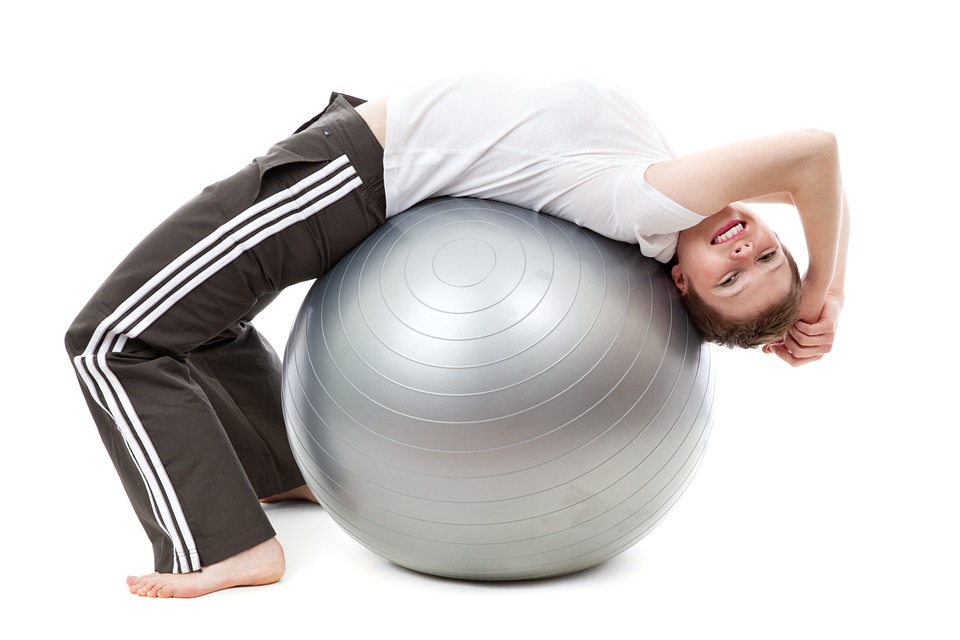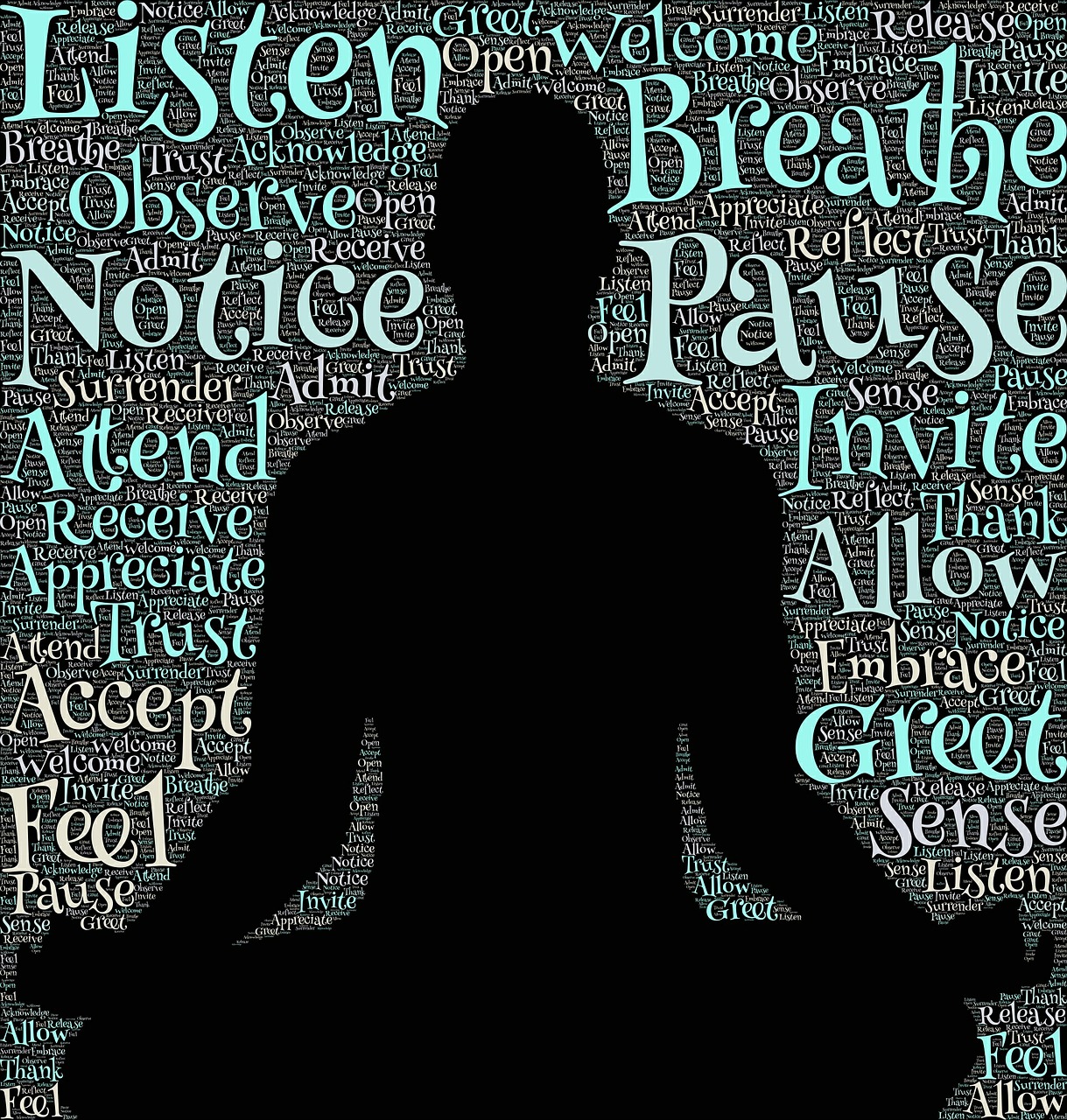There are also lots of reasons why people don’t exercise, but one of the most common challenges is simply maintaining the motivation to work out.
While it’s OK to be flexible with yourself and your exercise goals, making healthy habits like exercise part of your regular routine can have a significant impact on your health and well-being. Use these ideas to rebuild your confidence, boost your motivation, and enjoy the benefits of regular exercise.
Pay Attention to Your Self-Talk
There’s a good chance you have some voices in your head. Usually, there are two, one is the outer voice which is usually influenced by your surroundings (your ego) which is mostly the prominent one in most of us and the second is your true voice or your intuition which always tells you to do the right thing, which we usually ignore or sound off. Here is what happens when these two voices have an argument.
– You: Time to work out! (Intuitive self)
– Also You: Uh, I don’t really feel like it. I’m tired. (ego self)
– You: Come on…We already missed our workout yesterday.
(Intuitive self)
– Also You: Two days? Big deal! (ego self)
– You: But every time we skip a workout, it gets easier not to exercise. (Intuitive self)
– Also You: I’m tired. The last thing I want to do is some boring, sweaty workout. (ego self)
– You: Tired from doing what? Sitting in front of a computer all day? (Intuitive self)
– Also You: Hey, our favorite show is on! Don’t you want to watch it? (ego self)
– You: Well, I guess we could watch TV and then work out.
(your ego-self taking over the intuitive self)
– Also You: That’s what I’m talking about! (ego self)
Next thing you know, you’re propped on the couch with a cramp in your hand from channel surfing. How did that happen?


Silence Negative Thoughts
Sometimes you should listen to the voices that are telling you to take a day off or opt for a gentler workout. But most times, you’ll need to be ready to stand up to the unhelpful voice to stay motivated:
- Be prepared and remove obstacles. Removing the other obstacles to exercise means you’ll only have the voice to deal with. For example, having your workout gear handy and your exercise time schedule can be a big help.
- Don’t give the voice time to chime in. If you plan to exercise after work, don’t sit down and watch TV or go home before the gym. If you need a transition, try something gentle but active, like stretching or doing light, satisfying chore. If you exercise in the morning, put on your workout clothes right away so you have one less obstacle between you and your workout.
- Stop the argument. For every excuse, reply, “I’m working out anyway.” Better yet, “I’m not listening! La la la la!” Remind yourself of why you’re committing to exercise and why those reasons outweigh what the voices are saying. This is why having your reasons for exercising in front of you always helps. Sit down and write down your goals and why they are important and revisit them time and again to reinforce them in your subconscious mind. Just remember your reasons must be emotionally compelling too not just superficially.
If you feel tired, ask yourself if it’s physical or mental. If your tiredness isn’t due to a lack of sleep, illness, or a physically-demanding job, chances are you’re mentally tired. While mental exhaustion can often feel physical, one of the best cures is doing physical activity and, once you get strated you’ll feel better. Really.
Now, that you’ve dealt with the voices in your head, it’s time to figure out how to be enthusiastic about exercise (yes, it’s possible).
Fears That Get in the Way
You excitedly plan a week’s worth of exercise routines on Sunday, but Monday comes and suddenly your early morning workout sounds about as much fun as cleaning the toilet. What happened to that enthusiasm? Are you lazy?
Not necessarily. Instead, you may be intimidated. You may be afraid that:
- It will be hard. You’ll have to change clothes, then you’ll have to sweat (ugh). Your lungs will burn, your legs will hurt. No thanks!
- You won’t be able to go very far. What if you can only make it for 5 minutes? Lame!
- You won’t be perfect. What if you pass other “real” exercisers while you huff and puff? What will they think?
- You won’t reach your goals. The ACSM recommends up to 60 minutes of exercise 5 days a week. If you can’t do that, why bother?
The need to do it right, to do it perfectly, or to work as hard as you can is what makes it hard to do in the first place. So start with baby steps.

Fight Fear and Find Enthusiasm
Ask yourself if fear is stopping you from even starting. If you’re up against exercise fears, try:
- Asking for help. Is there someone—a colleague, friend, or partner—you trust? Tell them you’re having trouble sticking with exercise and ask them to work out with you.
- Do what you can.1 If you can’t work out for 30 minutes yet, so what? Go for as long as you can and do more tomorrow. It’s that simple and it all counts.
- Redefining your idea of exercise. Does workout equal work in your mind? It doesn’t have to. Think about it like this: If you’ve been sitting in a stuffy office all day, you now have 30 whole minutes to get out of there for a while. Or maybe you’ve been caring for your kids, and now you get some time to yourself to do something just for you. That’s not just exercise—that’s sanity!
- Reminding yourself. Write yourself notes and put them on your computer, your car, your shoes…everywhere. Remind yourself of your exercise goals (“I will exercise for 30 minutes today”) and why you’re doing it (“I want to have more energy.”)
Now, you’ve got your head on straight, why not play a few mind games with yourself? Using your imagination and tapping into your psyche can add a little motivation to your workouts on those days when it’s hard to get moving.
Mind Games for Motivation
The imagination is a powerful tool and one you can use for your exercise routines. When the issue is motivation, it’s your mind you’re up against, so you have to convince it that there really is a good reason to exercise. Here’s how to use your mind-over-matter skills:
- Give yourself a reward. If you finish your workout, reward yourself. While exercise comes with its own natural rewards (like more energy, better mood, less stress, and lowering your risk of disease), external rewards work, too. Maybe the promise of a new pair of shoes, an hour reading your favorite book, or a massage will get you going.
- Make a deal with yourself. You’ll exercise for 15 minutes and if you still really don’t want to continue, then you can stop. Nine times out of 10, you’ll keep going.
- Set achievable goals. Nothing can stop you in your tracks faster than staring up at a goal you fear you can’t achieve. While you can have big exercise goals, make sure that you also set smaller goals along the way. That way, you have smaller, more frequent victories to celebrate and keep you motivated to keep moving.
- Tap into your competitive side. A little healthy competition can be a great motivator. Try competing with yourself for faster times, higher weights, or just more frequency. Or maybe use social media and apps like MapMyRun, Fitbit, or Strava to compete with friends.
- Visualize. Athletes often visualize themselves winning a race to get themselves pumped up. You can do the same thing by picturing yourself going through your workout from beginning to end. How do you feel when you’re finished? Visualize your success and make it happen.2
- Work things out. One great thing about exercise is that it gives you quiet time to think about any problems you’re facing. Use your workout time to work through problems. You’ll be amazed at the results!
One Last Word
Attitude is everything: Changing your lifestyle to include exercise is no easy task. The most important task is to adjust your attitude.1
Thinking about exercise as an obligation will never motivate you to do it. Instead, treat exercise like a break from a stressful day, a reward for a body that has worked so hard for you all day long, and as something that deserves a reward at the end.



Recent Comments